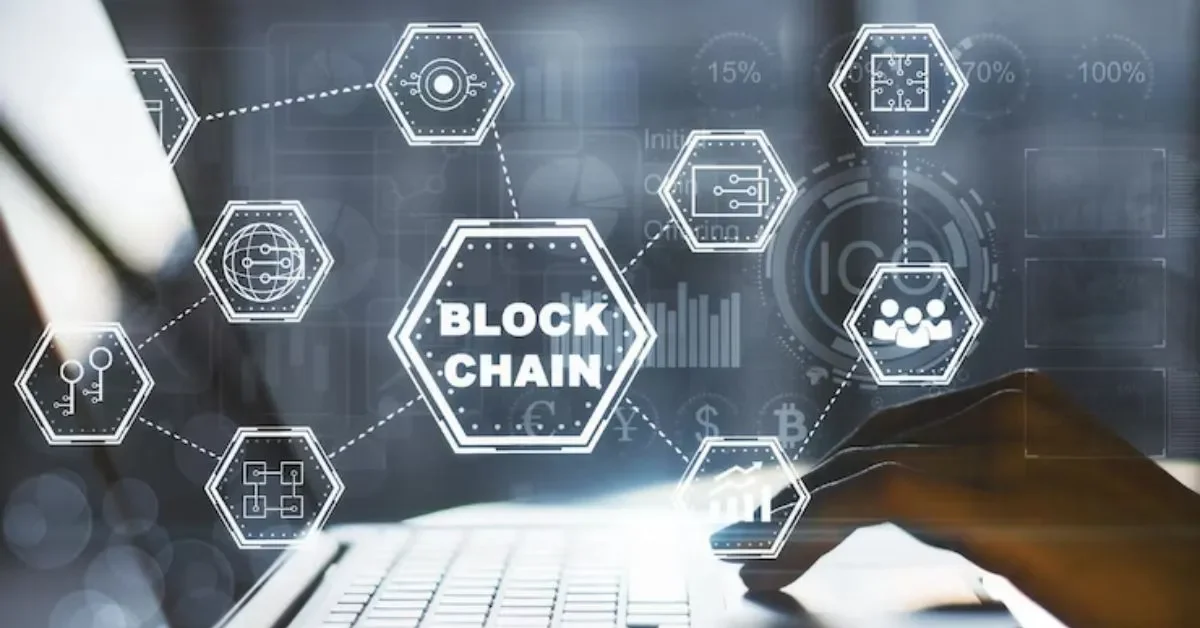Blockchain Is Transforming Supply Chain Management in 2025?

By providing a more open, safe, and quick means of tracking items, verifying authenticity, and simplifying operations, blockchain technology is transforming supply chain management in 2025. But more precisely, what does this mean, and how might your company benefit from it?
What Is Blockchain in the Context of Supply Chains?
Fundamentally, a blockchain is a distributed network-based digital ledger for recording transactions. Applied to supply chains, it offers a tamper-proof, real-time record of every movement a product passes—from raw materials to ultimate delivery.
Why Blockchain Matters in Supply Chain Management
Blockchain solves key issues faced by traditional supply chains, such as
-
Lack of transparency between stakeholders
-
Data inconsistency across systems
-
Fraud and counterfeiting risks
-
Inefficient manual tracking
By integrating blockchain technology, businesses gain:
-
Improved traceability: Track products at every stage
-
Enhanced security: Data is encrypted and immutable
-
Streamlined operations: Automation reduces errors and delays
-
Cost savings: Less paperwork, fewer intermediaries
Top Benefits of Blockchain in Supply Chains (2025)
Here’s how blockchain is transforming supply chain management this year:

-
End-to-End Transparency
Each transaction is visible to authorized participants, improving accountability and reducing disputes. -
Real-Time Tracking
Monitor the movement of goods instantly—great for logistics and reducing delivery errors. -
Authentication and Anti-Counterfeiting
Blockchain confirms product authenticity, especially in industries like pharmaceuticals and luxury goods. -
Smart Contracts
These self-executing agreements automatically trigger actions when conditions are met, saving time and legal costs. -
Sustainability Verification
Blockchain can verify eco-friendly sourcing, helping companies meet ESG goals and build consumer trust.
Industries Leading the Shift in 2025
Sectors actively using blockchain in supply chains include
-
Retail & E-commerce
-
Food & Agriculture
-
Pharmaceuticals
-
Automotive
-
Logistics & Freight
Real-World Example: How It Works
Imagine a coffee bean’s journey—from a farm in Colombia to a café in New York:
-
Farmers upload harvesting data to the blockchain
-
Transporters log shipping and handling updates
-
Retailers access complete product history to share with customers
This transparency builds trust and allows for faster responses to recalls or delays.
Is Blockchain Right for Your Supply Chain?
If your goals are efficiency, compliance, and consumer trust, Blockchain is Shaping, might be your competitive edge. As supply chains become more complicated, real-time visibility and data integrity are not optional but necessary.
